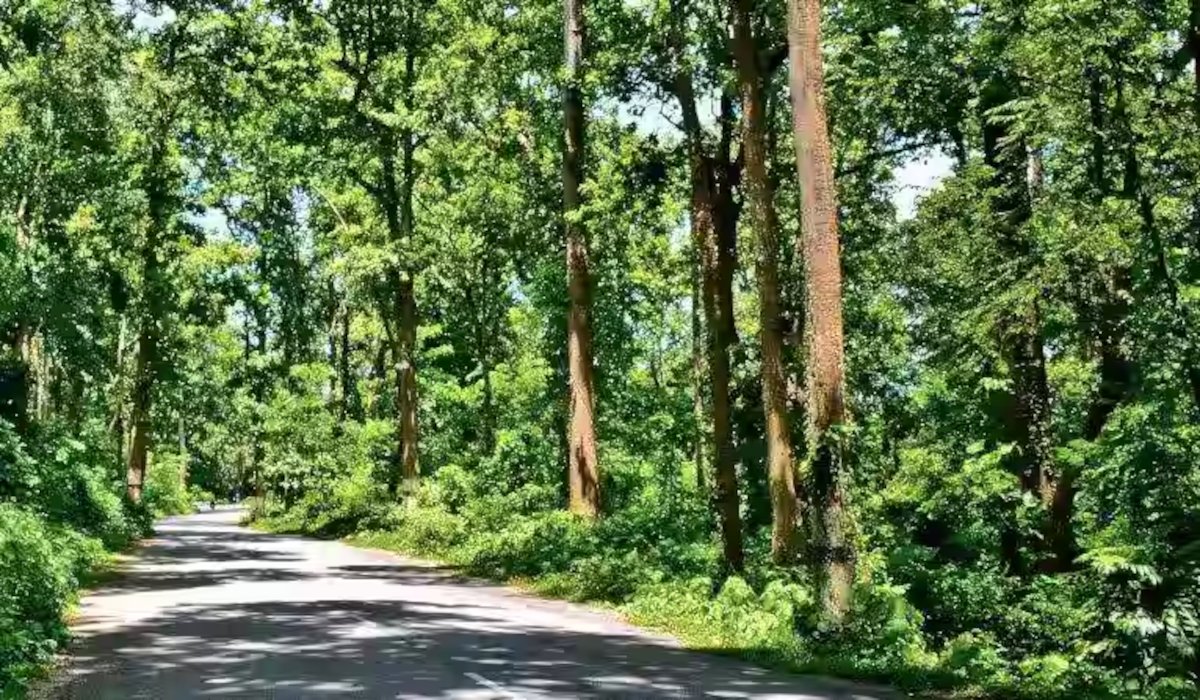The Uttarakhand High Court has directed the Chief Conservator of Forests (CCF) to submit a comprehensive welfare plan within a week to improve the living conditions of forest-dwelling communities, particularly the Van Gujjars, one of the state’s most marginalised groups. The directive came during the hearing of a Public Interest Litigation (PIL) concerning the rights of nomadic and forest-dependent people.
Focus on Healthcare, Education, and Rights
The court observed that the Van Gujjars, who traditionally reside in forest areas and depend on buffalo rearing, continue to suffer from limited access to healthcare, education, and legal entitlements. It stressed that these communities must not be excluded from mainstream welfare schemes simply because of their remote locations and cultural practices.
A Week’s Deadline
Ordering urgent action, the High Court instructed the CCF to prepare a time-bound, detailed proposal that includes mobile health camps, education support for children, and sensitisation programmes for officials handling tribal and nomadic groups. The bench underlined that the plan must also respect the community’s cultural identity, while ensuring their full constitutional rights.
The Van Gujjars: A Vulnerable Community
The Van Gujjars are a nomadic pastoralist tribe, known for migrating seasonally across Uttarakhand and Himachal Pradesh with their buffalo herds. Their traditional lifestyle has often clashed with forest regulations, particularly in protected areas like Rajaji National Park. Activists highlight that despite provisions under the Forest Rights Act (FRA), 2006, the community still faces evictions, grazing restrictions, and exclusion from welfare schemes.
Significance of the Court’s Direction
Rights groups have welcomed the order, calling it a vital step toward justice. “This directive acknowledges that conservation cannot come at the cost of basic human rights,” said a Dehradun-based activist, adding that it could pave the way for policy reforms ensuring dignified living for nomadic groups.
What Lies Ahead
The state government, through its forest department, must now file its report within a week. The High Court has made it clear that it will monitor implementation closely, signalling that welfare for forest-dwelling communities is now firmly on the judicial radar.

























